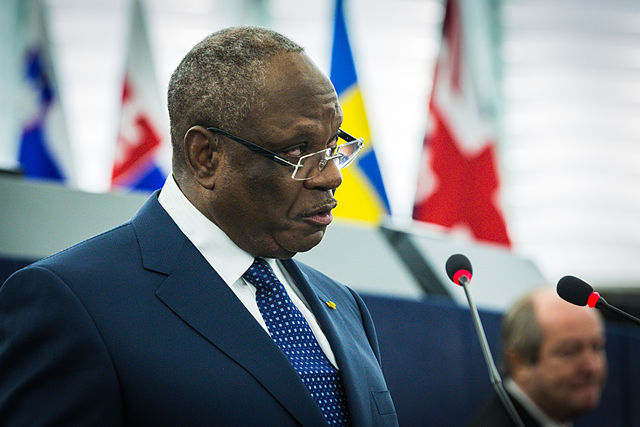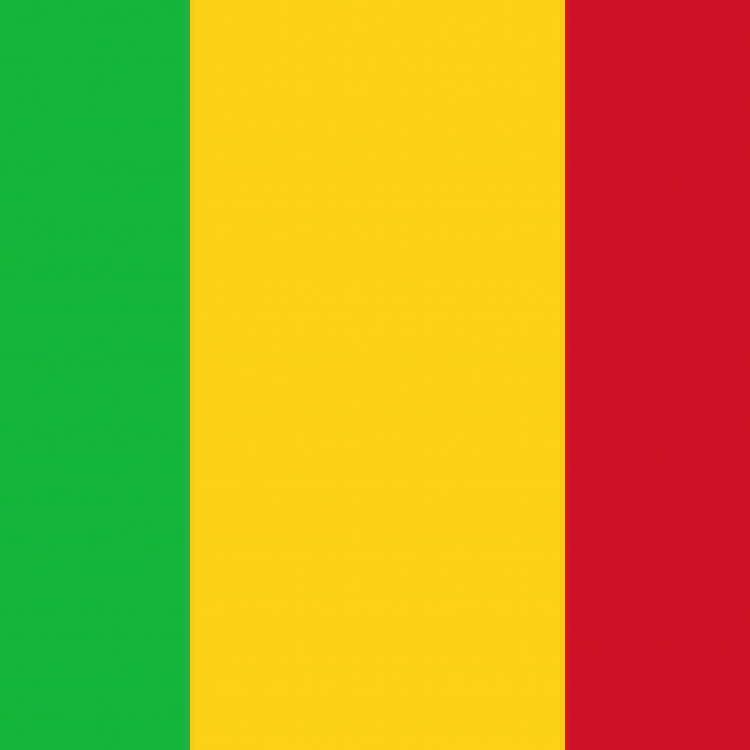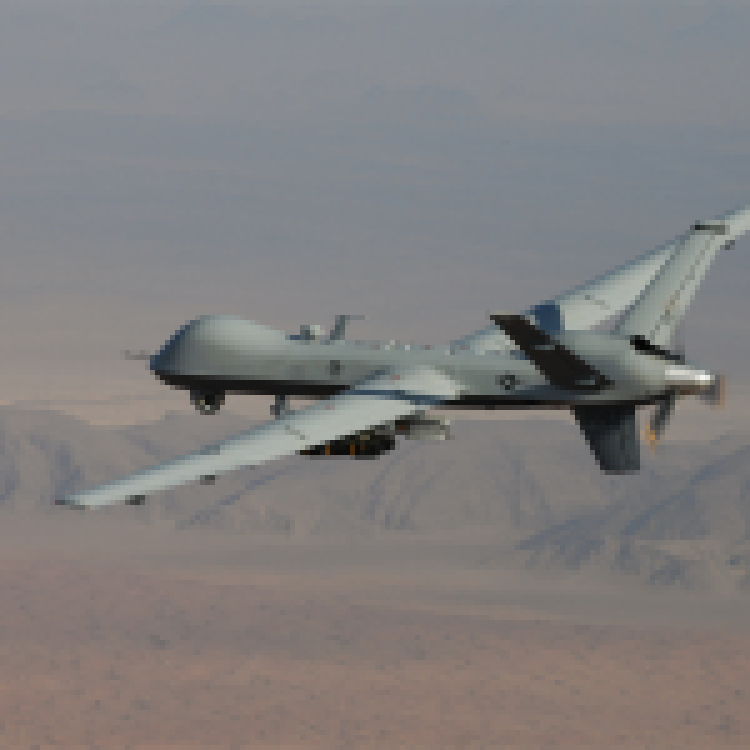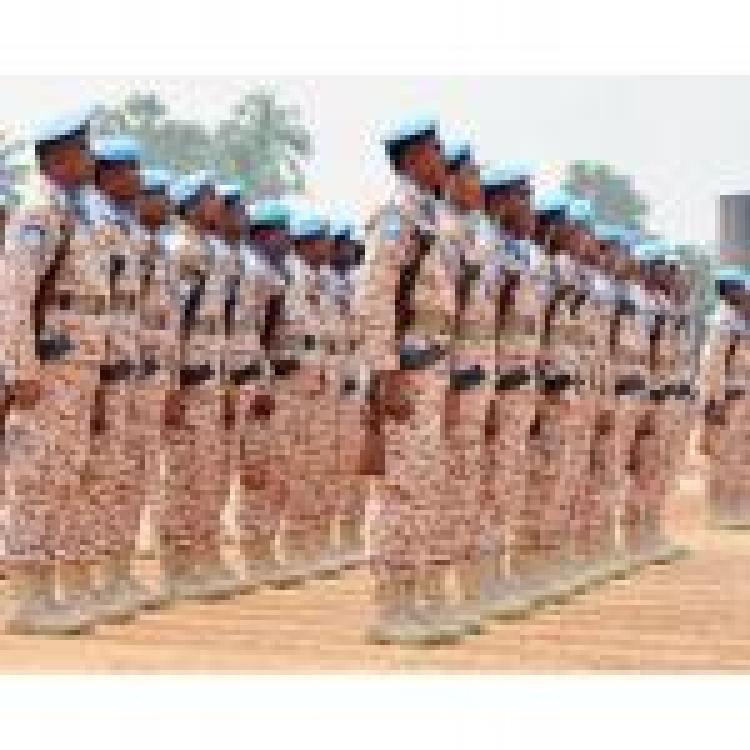
Photo of Mali President, Ibrahim Boubacar
Thousands took to the streets in Mali’s capital Bamako on Tuesday, demanding the resignation of President Ibrahim Boubacar Keita, despite pleas from regional mediators to stay home.
Demonstrators filled Bambako’s Independence square, holding signs with anti-government slogans, blowing vuvuzela horns and shouting, “Keita step down.”
Protests were led by the June 5 Movement, which has staged recent protests and continuously called out government corruption and incompetence.
The protests turned violent on July 10 when police shot dead at least 11 protestors.
Protestors marched on despite Goodluck Jonathon, the Mediators for Mail’s crisis for the Economic Community of West African States (ECOWAS), warning “encouraging more demonstrations is just exposing young people to big risk.”
President Keita’s response
President Keita, who first came to power in 2013, has attempted to follow ECOWAS recommendations.
Keita has recently sworn in nine new judges to the constitutional court, in an effort to stem the tide of disaffection in his leadership.
However, many protestors appeared unmoved by Keita’s recent actions, as they continue to call for his resignation.
Read more from Reuters, Al Jazeera, France 24.




